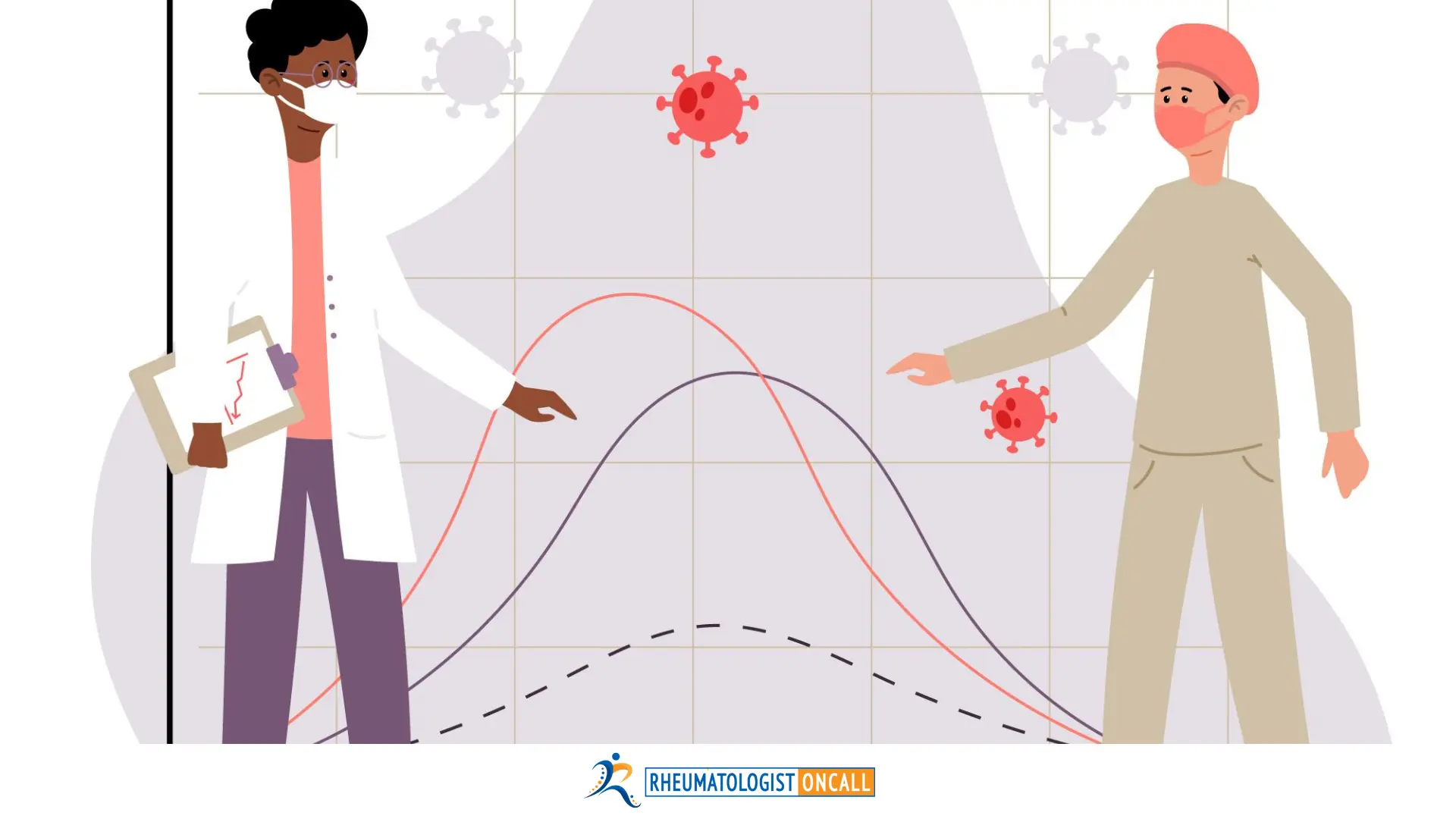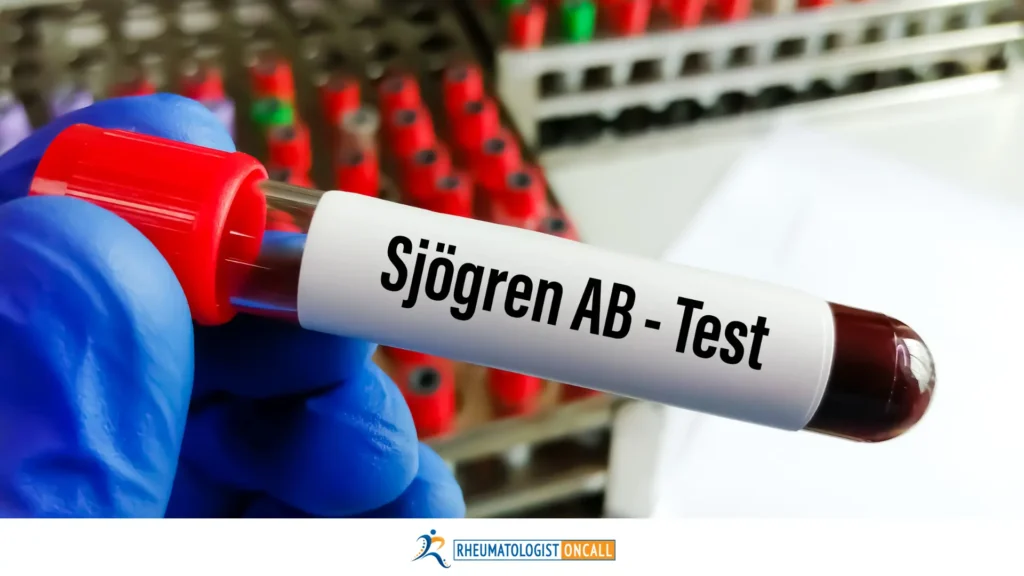SHARE
Many people wonder if it’s possible to have Sjögren’s syndrome without testing positive for antibodies like anti-SSA and anti-SSB. This is a common question that many people watching Dr. Diana Girnita’s Youtube channel have asked. In this article, Dr Girnita, a board-certified rheumatologist and autoimmune disease expert, addresses this query based on the latest research and diagnostic criteria.
Understanding the Diagnostic Criteria
In 2016, the American College of Rheumatology (ACR) and the European Alliance of Associations for Rheumatology (EULAR) released new classification criteria for diagnosing primary Sjögren’s disease. According to these guidelines, a total score of 4 or higher is required from various tests and factors, including:
- A positive lip biopsy (3 points)
- Positive anti-SSA antibody test (3 points)
- Eye dryness exams (1 point)
- Saliva production tests (1 point)
Notably, positive antibodies are not mandatory for diagnosis under these criteria. Patients can still meet the requirement with a combination of other positive tests.
Sjögren’s Disease Without Positive Antibodies
Research confirms that it is possible to have Sjögren’s disease without positive antibodies like anti-SSA or anti-SSB.
A 2021 study found that:
- Around 8% of Sjögren’s patients were negative for SSA, SSB, and rheumatoid factor (RF) antibodies but had a positive ANA test.
- Surprisingly, 4.5% were negative for all antibodies (SSA, SSB, RF, and ANA).
More recently, a 2023 study involving over 900 Sjögren’s patients revealed that 32% were negative for both SSA and SSB antibodies.
These findings clearly demonstrate that negative antibody results do not necessarily rule out Sjögren’s disease.
Differences Between Antibody-Positive and Antibody-Negative Patients
 The 2023 study also identified some interesting differences between antibody-positive and antibody-negative Sjögren’s patients:
The 2023 study also identified some interesting differences between antibody-positive and antibody-negative Sjögren’s patients:
The antibody-negative group had
- a higher percentage of males (90%) compared to females (76%) in the antibody-positive group.
- 96% of antibody-negative patients had an abnormal Schirmer test (measuring eye dryness), versus 89% of antibody-positive patients.
- The antibody-negative group had much higher rates of interstitial lung disease (59%), compared to 28.8% in the antibody-positive group.
If you experience shortness of breath or severe fatigue, your rheumatologist may recommend additional testing, such as pulmonary function tests or a high-resolution CT scan, to evaluate for possible interstitial lung disease (ILD).
Conclusion
In summary, you can absolutely have Sjögren’s syndrome even if your antibody tests like anti-SSA and anti-SSB come back negative. The diagnosis is based on a combination of criteria, and positive antibodies, while helpful, are not strictly required.
This is especially important for groups like males, who are less likely to be antibody-positive but can still develop Sjögren’s. If you experience severe dry eyes, dry mouth, or other symptoms, don’t be discouraged by negative antibodies. If you need help with diagnosis and treatment, contact us at Rheumatologist OnCall and we will be happy to serve you.
FAQs
Q: If I don’t have positive antibodies, how can I be diagnosed with Sjögren’s disease?
A: The 2016 ACR/EULAR classification criteria allow for a diagnosis based on a combination of factors, such as a positive lip biopsy, abnormal eye and saliva tests, and other clinical findings, even without positive antibodies.
Q: Are there any differences in symptoms between antibody-positive and antibody-negative Sjögren’s patients?
A: Yes, research suggests that antibody-negative patients may have a higher prevalence of abnormal eye dryness tests and interstitial lung disease compared to antibody-positive patients.
Q: As a male, should I be more concerned about antibody-negative Sjögren’s disease?
A: Yes, studies have shown that males are more likely to be antibody-negative but can still develop Sjögren’s disease. If you experience symptoms, it’s important to discuss your concerns with your rheumatologist and pursue appropriate testing.
Q: What other tests might be recommended if I have antibody-negative Sjögren’s disease?
A: Depending on your symptoms, your rheumatologist may recommend additional tests, such as pulmonary function tests or a high-resolution CT scan, to evaluate for potential complications like interstitial lung disease.














